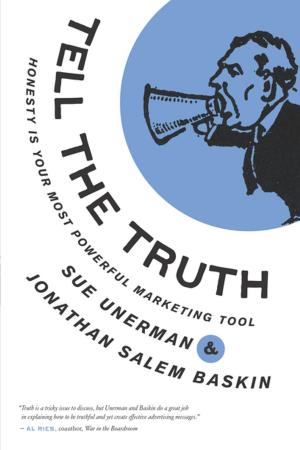Sex and War
How Biology Explains Warfare and Terrorism and Offers a Path to a Safer World
Nonfiction, Science & Nature, Science, Biological Sciences, Biology, Social & Cultural Studies, Social Science, Gender Studies| Author: | Malcolm Potts, Thomas Hayden | ISBN: | 9781935251842 |
| Publisher: | BenBella Books | Publication: | February 2, 2010 |
| Imprint: | BenBella Books | Language: | English |
| Author: | Malcolm Potts, Thomas Hayden |
| ISBN: | 9781935251842 |
| Publisher: | BenBella Books |
| Publication: | February 2, 2010 |
| Imprint: | BenBella Books |
| Language: | English |
A look at the evolutionary causes of violent conflicts that’s “worth reading, and arguing about” (Toronto Star).
Why does war seem to be so fundamental to our species? And is there anything we can do about it?
Sex and War explores these questions from the frontlines of war-torn countries around the world. As a scientist and obstetrician, Malcolm Potts has worked with governments and aid organizations globally, and in the trenches with women who have been raped and brutalized in the course of war. Combining their own experience with scientific findings in primatology, genetics, and anthropology, Potts and journalist Thomas Hayden explain war’s pivotal position in the human experience, and how men in particular evolved under conditions that favored gang behavior, rape, and organized aggression. Drawing on these new insights, they propose a rational plan for making warfare less frequent and less brutal in the future.
Anyone interested in understanding human nature, warfare, and terrorism at their most fundamental levels will find Sex and War to be an illuminating work, and one that might change the way they see the world.
A look at the evolutionary causes of violent conflicts that’s “worth reading, and arguing about” (Toronto Star).
Why does war seem to be so fundamental to our species? And is there anything we can do about it?
Sex and War explores these questions from the frontlines of war-torn countries around the world. As a scientist and obstetrician, Malcolm Potts has worked with governments and aid organizations globally, and in the trenches with women who have been raped and brutalized in the course of war. Combining their own experience with scientific findings in primatology, genetics, and anthropology, Potts and journalist Thomas Hayden explain war’s pivotal position in the human experience, and how men in particular evolved under conditions that favored gang behavior, rape, and organized aggression. Drawing on these new insights, they propose a rational plan for making warfare less frequent and less brutal in the future.
Anyone interested in understanding human nature, warfare, and terrorism at their most fundamental levels will find Sex and War to be an illuminating work, and one that might change the way they see the world.















